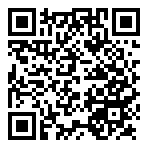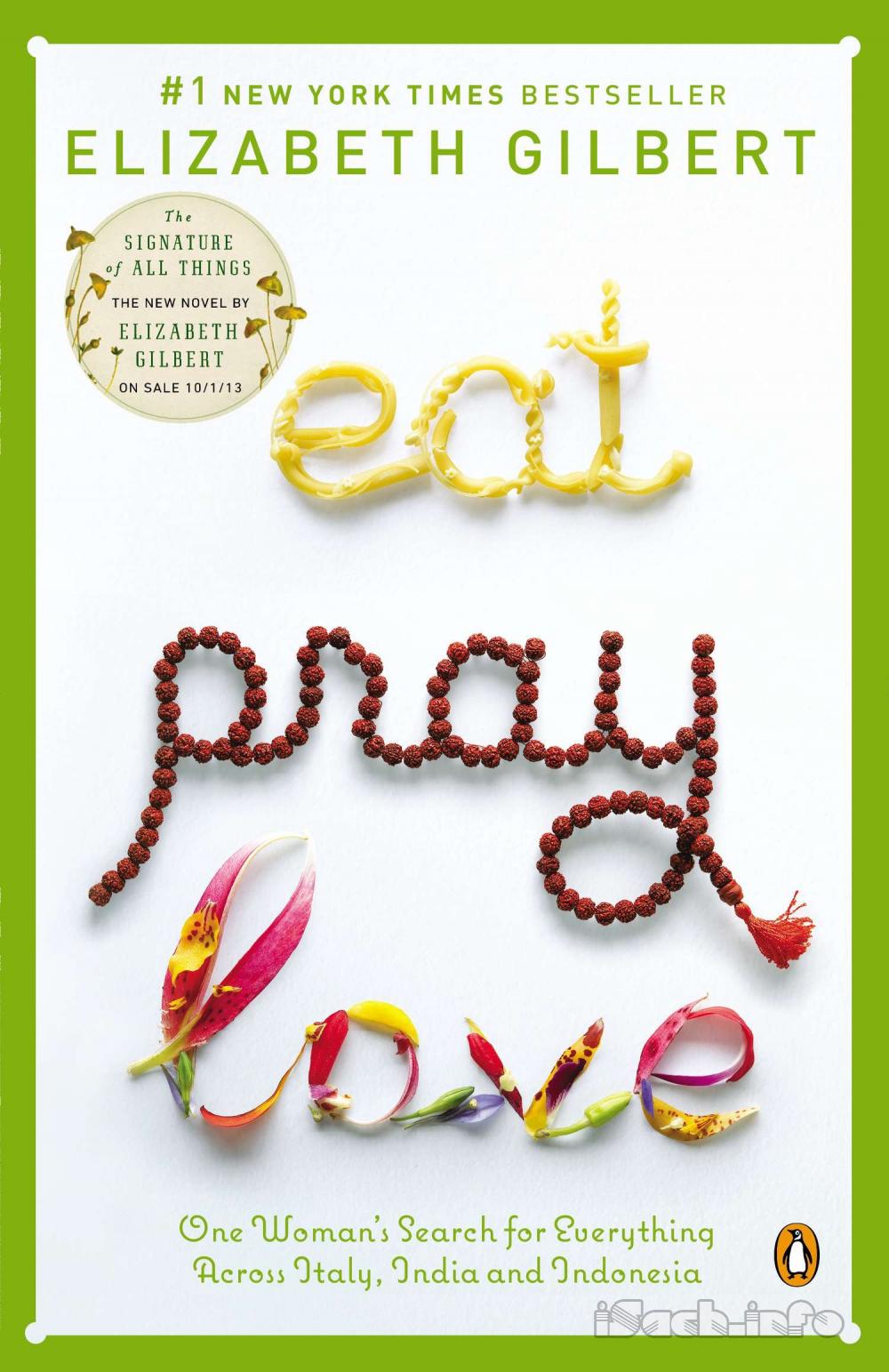Chapter 70
I
believe that all the world’s religions share, at their core, a desire to find a transporting metaphor. When you want to attain communion with God, what you’re really trying to do is move away from the worldly into the eternal (from the village to the forest, you might say, keeping with the theme of the antevasin) and you need some kind of magnificent idea to convey you there. It has be a big one, this metaphor—really big and magic and powerful, because it needs to carry you across a mighty distance. It has to be the biggest boat imaginable.Religious rituals often develop out of mystical experimentation. Some brave scout goes looking for a new path to the divine, has a transcendent experience and returns home a prophet. He or she brings back to the community tales of heaven and maps of how to get there. Then others repeat the words, the works, the prayers, or the acts of this prophet, in order to cross over, too. Sometimes this is successful—sometimes the same familiar combination of syllables and devotional practices repeated generation after generation might carry many people to the other side. Sometimes it doesn’t work, though. Inevitably even the most original new ideas will eventually harden into dogma or stop working for everybody.
The Indians around here tell a cautionary fable about a great saint who was always surrounded in his Ashram by loyal devotees. For hours a day, the saint and his followers would meditate on God. The only problem was that the saint had a young cat, an annoying creature, who used to walk through the temple meowing and purring and bothering everyone during meditation. So the saint, in all his practical wisdom, commanded that the cat be tied to a pole outside for a few hours a day, only during meditation, so as to not disturb anyone. This became a habit—tying the cat to the pole and then meditating on God—but as years passed, the habit hardened into religious ritual. Nobody could meditate unless the cat was tied to the pole first. Then one day the cat died. The saint’s followers were panic-stricken. It was a major religious crisis—how could they meditate now, without a cat to tie to a pole? How would they reach God? In their minds, the cat had become the means.
Be very careful, warns this tale, not to get too obsessed with the repetition of religious ritual just for its own sake. Especially in this divided world, where the Taliban and the Christian Coalition continue to fight out their international trademark war over who owns the rights to the word God and who has the proper rituals to reach that God, it may be useful to remember that it is not the tying of the cat to the pole that has ever brought anyone to transcendence, but only the constant desire of an individual seeker to experience the eternal compassion of the divine. Flexibility is just as essential for divinity as is discipline.
Your job, then, should you choose to accept it, is to keep searching for the metaphors, rituals and teachers that will help you move ever closer to divinity. The Yogic scriptures say that God responds to the sacred prayers and efforts of human beings in any way whatsoever that mortals choose to worship—just so long as those prayers are sincere. As one line from the Upanishads suggests: “People follow different paths, straight or crooked, according to their temperament, depending on which they consider best, or most appropriate—and all reach You, just as rivers enter the ocean.”
The other objective of religion, of course, is to try to make sense of our chaotic world and explain the inexplicabilities we see playing out here on earth every day: the innocent suffer, the wicked are rewarded—what are we to make of all this? The Western tradition says, “It’ll all get sorted out after death, in heaven and hell.” (All justice to be doled out, of course, by what James Joyces used to call the “Hangman God”—a paternal figure who sits upon His strict seat of judgment punishing the evil and rewarding the good.) Over in the East, though, the Upanishads shrug away any attempt to make sense of the world’s chaos. They’re not even so sure that the world is chaotic, but suggest that it may only appear so to us, because of our limited vision. These texts do not promise justice or revenge for anybody, though they do say that there are consequences for every action—so choose your behavior accordingly. You might not see those consequences any time soon, though. Yoga takes the long view, always. Furthermore, the Upanishads suggest that so-called chaos may have an actual divine function, even if you personally can’t recognize it right now: “The gods are fond of the cryptic and dislike the evident.” The best we can do, then, in response to our incomprehensible and dangerous world, is to practice holding equilibrium internally—no matter what insanity is transpiring out there.
Sean, my Yogic Irish dairy farmer, explained it to me this way. “Imagine that the universe is a great spinning engine,” he said. “You want to stay near the core of the thing—right in the hub of the wheel—not out at the edges where all the wild whirling takes place, where you get can frayed and crazy. The hub of calmness—that’s your heart. That’s where God lives within you. So stop looking for answers in the world. Just keep coming back to that center and you’ll always find peace.”
Nothing has ever made more sense to me, spiritually speaking, than this idea. It works for me. And if I ever find anything that works better, I assure you—I will use it.
I have many friends in New York who are not religious people. Most, I would say. Either they fell away from the spiritual teachings of their youth or they never grew up with any God to begin with. Naturally, some of them are a bit freaked out by my newfound efforts to reach holiness. Jokes are made, of course. As my friend Bobby quipped once while he was trying to fix my computer: “No offense to your aura, but you still don’t know shit about downloading software.” I roll with the jokes. I think it’s all funny, too. Of course it is.
What I’m seeing in some of my friends, though, as they are aging, is a longing to have something to believe in. But this longing chafes against any number of obstacles, including their intellect and common sense. Despite all their intellect, though, these people still live in a world that careens about in a series of wild and devastating and completely nonsensical lurches. Great and horrible experiences of either suffering or joy occur in the lives of all these people, just as with the rest of us, and these mega-experiences tend to make us long for a spiritual context in which to express either lament or gratitude, or to seek understanding. The problem is—what to worship, whom to pray to?
I have a dear friend whose first child was born right after his beloved mother died. After this confluence of miracle and loss, my friend felt a desire to have some kind of sacred place to go, or some ritual to perform, in order to sort through all the emotion. My friend was a Catholic by upbringing, but couldn’t stomach returning to the church as an adult. (“I can’t buy it anymore,” he said, “knowing what I know.”) Of course, he’d be embarrassed to become a Hindu or a Buddhist or something wacky like that. So what could he do? As he told me, “You don’t want to go cherry-picking a religion.”
Which is a sentiment I completely respect except for the fact that I totally disagree. I think you have every right to cherry-pick when it comes to moving your spirit and finding peace in God. I think you are free to search for any metaphor whatsoever which will take you across the worldly divide whenever you need to be transported or comforted. It’s nothing to be embarrassed about. It’s the history of mankind’s search for holiness. If humanity never evolved in its exploration of the divine, a lot of us would still be worshipping golden Egyptian statues of cats. And this evolution of religious thinking does involve a fair bit of cherry-picking. You take whatever works from wherever you can find it, and you keep moving toward the light.
The Hopi Indians thought that the world’s religions each contained one spiritual thread, and that these threads are always seeking each other, wanting to join. When all the threads are finally woven together they will form a rope that will pull us out of this dark cycle of history and into the next realm. More contemporarily, the Dalai Lama has repeated the same idea, assuring his Western students repeatedly that they needn’t become Tibetan Buddhists in order to be his pupils. He welcomes them to take whatever ideas they like out of Tibetan Buddhism and integrate these ideas into their own religious practices. Even in the most unlikely and conservative of places, you can find sometimes this glimmering idea that God might be bigger than our limited religious doctrines have taught us. In 1954, Pope Pius XI, of all people, sent some Vatican delegates on a trip to Libya with these written instructions: “Do NOT think that you are going among Infidels. Muslims attain salvation, too. The ways of Providence are infinite.”
But doesn’t that make sense? That the infinite would be, indeed . . . infinite? That even the most holy amongst us would only be able to see scattered pieces of the eternal picture at any given time? And that maybe if we could collect those pieces and compare them, a story about God would begin to emerge that resembles and includes everyone? And isn’t our individual longing for transcendence all just part of this larger human search for divinity? Don’t we each have the right to not stop seeking until we get as close to the source of wonder as possible? Even if it means coming to India and kissing trees in the moonlight for a while?
That’s me in the corner, in other words. That’s me in the spotlight. Choosing my religion.



 ePub
ePub A4
A4